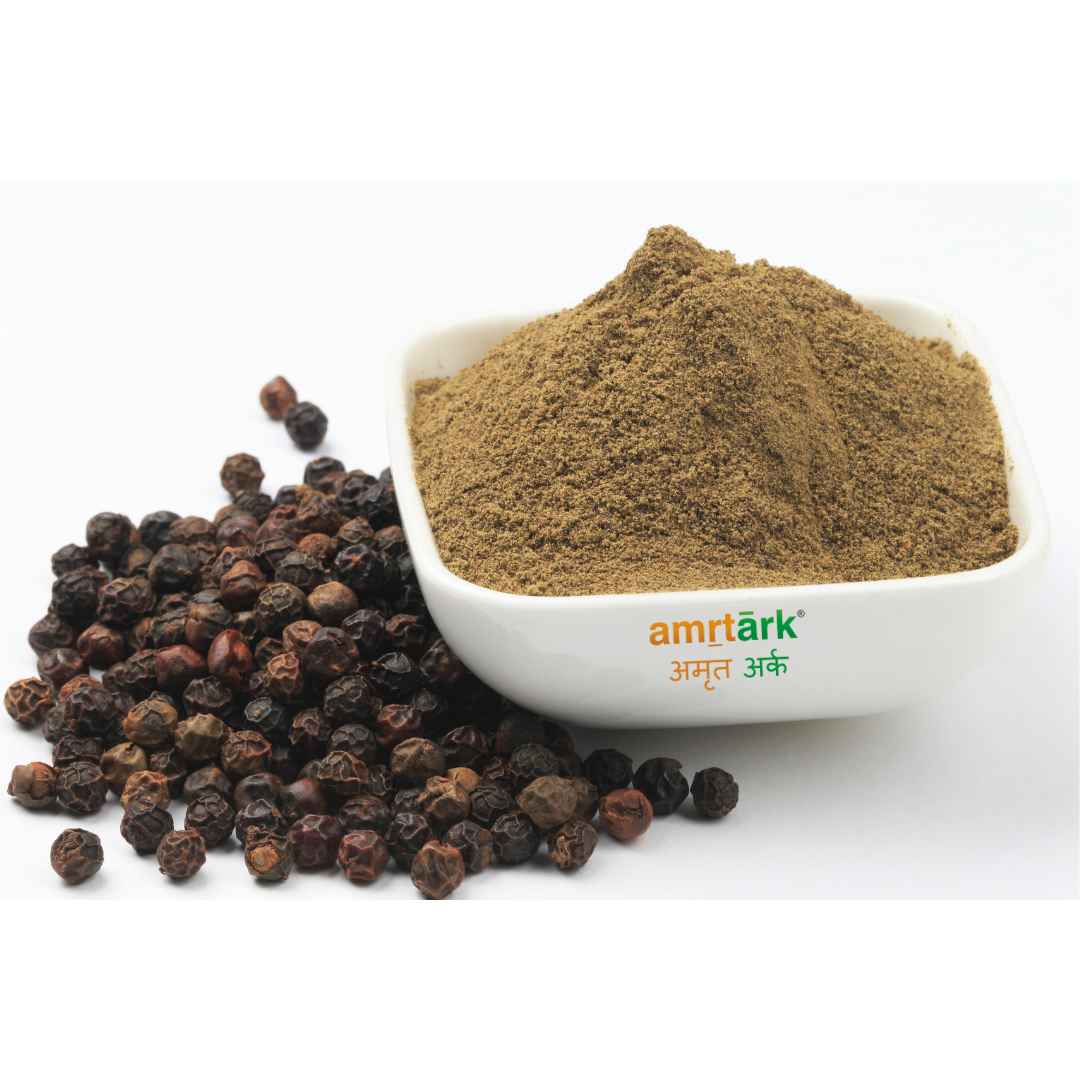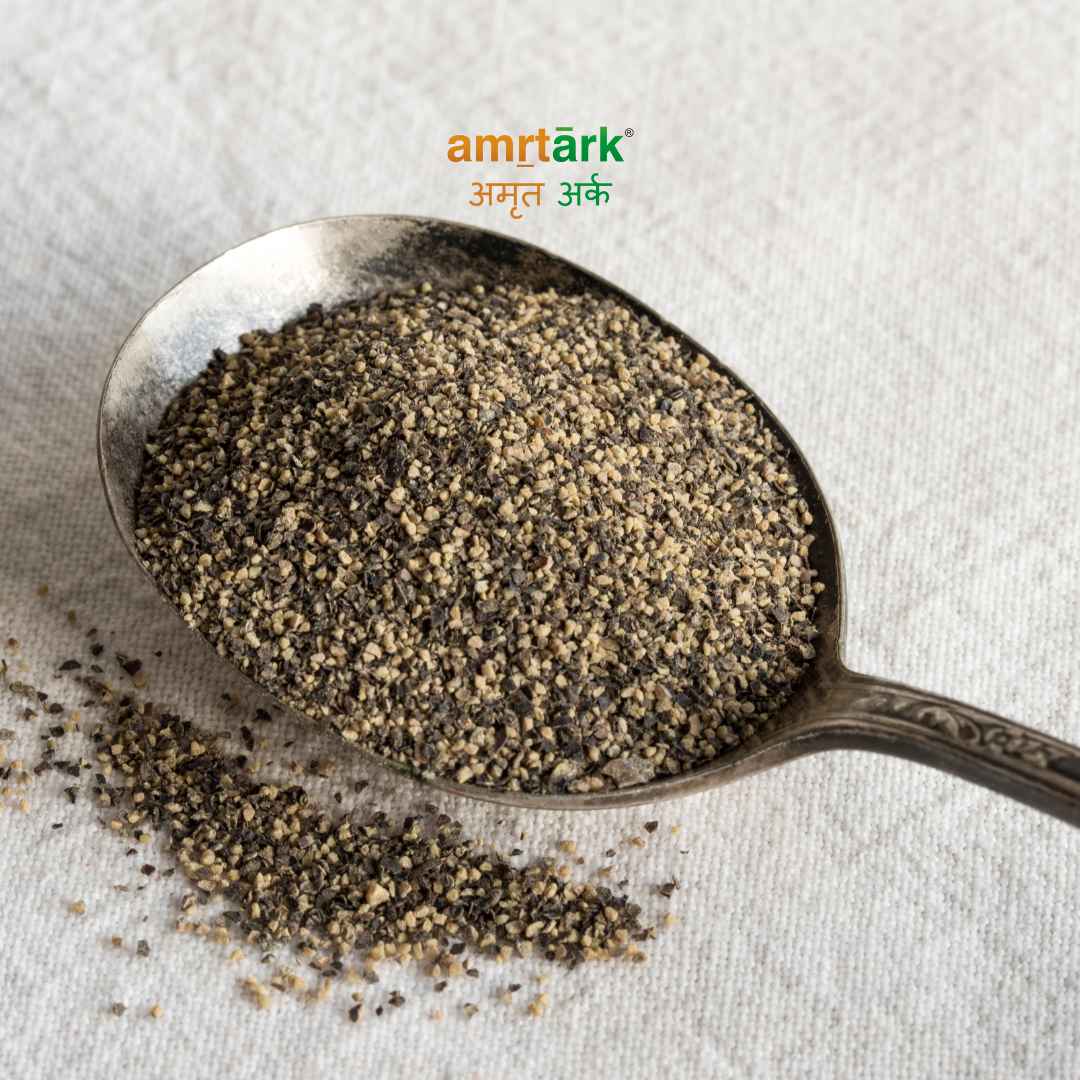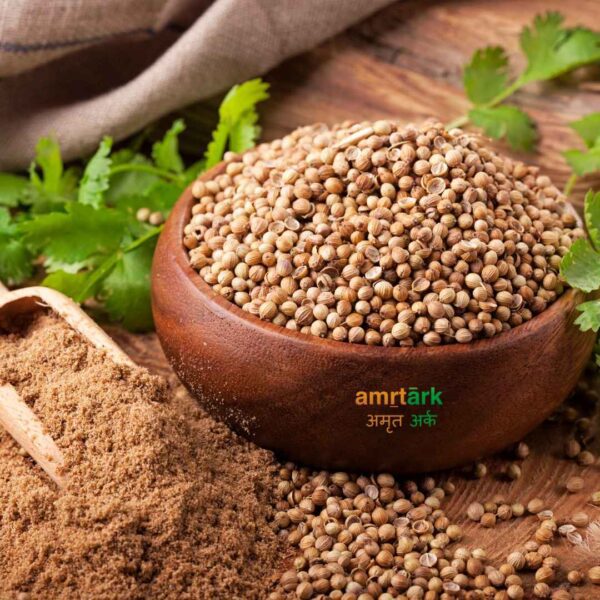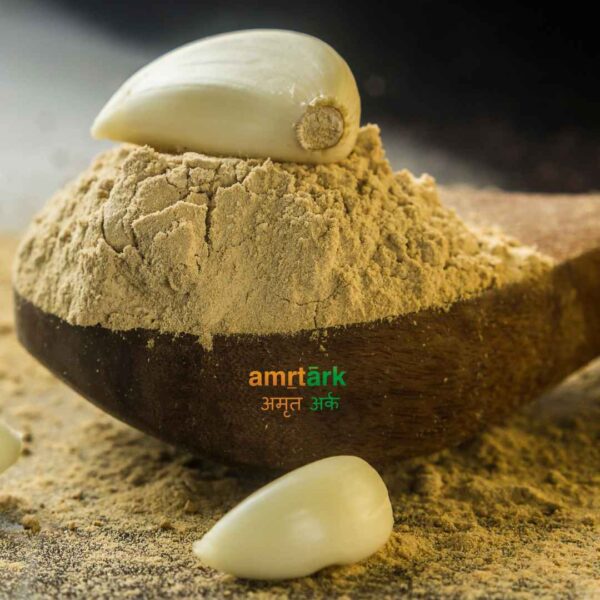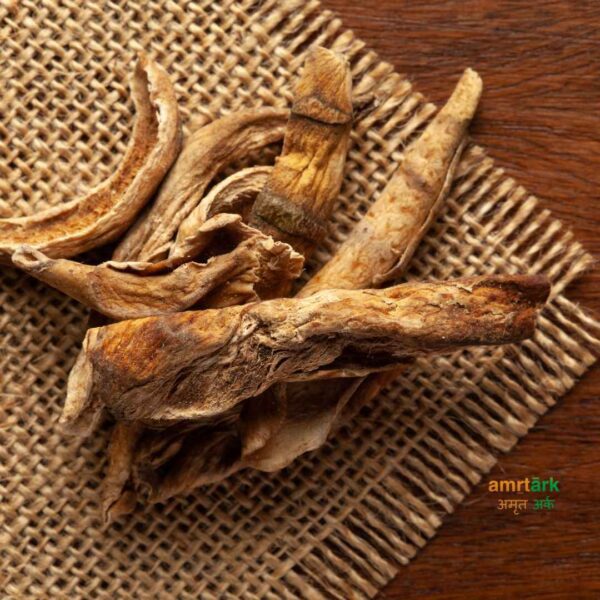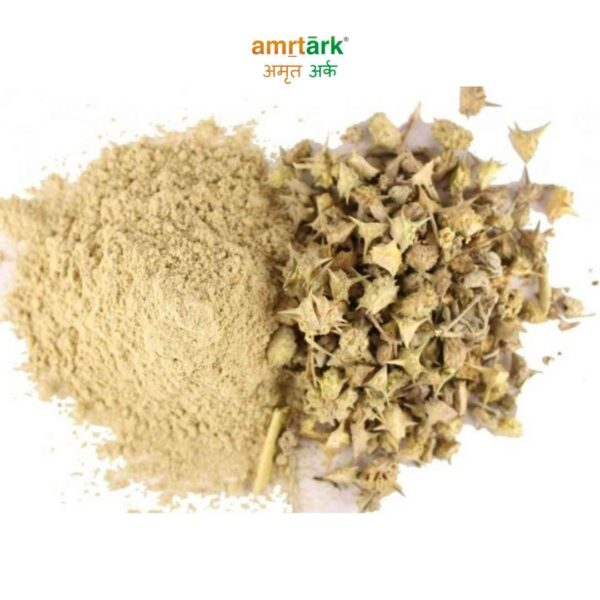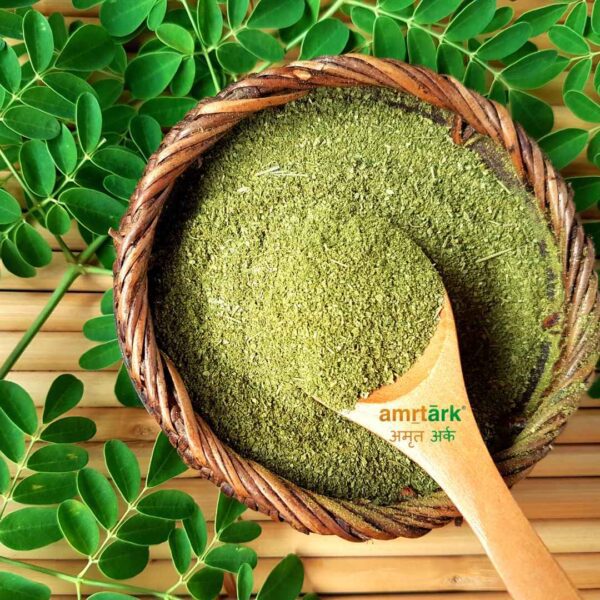Description
Black Pepper (Piper Nigrum)
Black Pepper, scientifically known as Piper nigrum, is one of the most widely used and valuable spices in the world. Often referred to as the “King of Spices,” black pepper has been a staple in global cuisine and traditional medicine for centuries. Native to the Malabar Coast of India, black pepper is known not only for its sharp, pungent flavor but also for its numerous health benefits. It is commonly used as a spice, preservative, and therapeutic agent in various traditional medicine systems, including Ayurveda and Traditional Chinese Medicine (TCM).
Botanical Characteristics
- Common Names: Black Pepper, Kali Mirch (Hindi), Piper Nigrum, Gol Mirch, Marich (Sanskrit)
- Scientific Name: Piper nigrum
- Family: Piperaceae
- Appearance: Black pepper is a flowering vine that produces small, round, green fruits, which turn red when they mature. These fruits are dried to become the black peppercorns we use in cooking. The plant is native to the tropical regions of Southern India and Southeast Asia and grows in warm, humid climates.
Active Compounds and Nutrients
Black pepper is rich in bioactive compounds, particularly piperine, which is responsible for its pungency and many of its health benefits. Key components of black pepper include:
- Piperine: The most well-known bioactive compound, which has antioxidant, anti-inflammatory, and digestive properties.
- Essential Oils: Including limonene, pinene, sabinene, and caryophyllene, which contribute to its aroma and health benefits.
- Alkaloids: These compounds, including piperidine and piperettine, have antimicrobial and immune-enhancing properties.
- Vitamins and Minerals: Black pepper is a good source of vitamin K, manganese, iron, calcium, and dietary fiber.
Health Benefits of Black Pepper (Piper Nigrum)
- Enhances Digestion: Black pepper is well-known for its ability to stimulate the digestive system. It increases the secretion of digestive juices like hydrochloric acid, improving the digestion of proteins and other nutrients. Piperine, the active compound in black pepper, promotes healthy gut function and helps alleviate indigestion, bloating, and gas.
- Boosts Nutrient Absorption: Piperine improves the bioavailability of other nutrients and compounds, making it easier for the body to absorb essential vitamins and minerals. For instance, it enhances the absorption of curcumin, the active compound in turmeric, making it a powerful companion in herbal formulations. This is why black pepper is often combined with turmeric in many traditional recipes and supplements.
- Rich in Antioxidants: Black pepper is packed with antioxidants that help neutralize free radicals and prevent oxidative damage to cells. Piperine and other active compounds protect against cellular aging and lower the risk of chronic diseases, including cancer, heart disease, and neurodegenerative conditions.
- Anti-inflammatory Properties: Black pepper has strong anti-inflammatory effects, which can help reduce inflammation and pain in conditions like arthritis, joint pain, and muscle soreness. Piperine inhibits the production of pro-inflammatory molecules in the body, promoting overall immune health and reducing the risk of chronic inflammatory diseases.
- Supports Respiratory Health: Black pepper is commonly used in traditional remedies for respiratory issues like coughs, colds, sinusitis, and asthma. It acts as an expectorant, helping to clear mucus and phlegm from the airways. Additionally, its antibacterial properties help combat infections in the respiratory tract.
- Promotes Weight Loss: Piperine has thermogenic properties, meaning it helps boost metabolism and increase fat burning. Black pepper enhances the breakdown of fat cells and helps reduce body fat accumulation, making it an effective aid in weight management.
- Cognitive Enhancement: Emerging research suggests that piperine has neuroprotective properties and may help improve cognitive function. It has been shown to improve memory, focus, and mental clarity by stimulating the production of certain neurotransmitters. Additionally, piperine may help reduce the risk of neurodegenerative conditions like Alzheimer’s and Parkinson’s disease by preventing oxidative damage in brain cells.
- Anti-cancer Potential: Studies have shown that black pepper exhibits anticancer properties due to the presence of piperine. It has been found to inhibit the growth of cancer cells and reduce the risk of tumor formation by enhancing the body’s natural defense mechanisms. Piperine also enhances the effectiveness of certain chemotherapy drugs.
- Antibacterial and Antimicrobial: Black pepper has strong antibacterial and antimicrobial properties, making it useful for preventing and treating infections. It can be applied externally to wounds or taken internally to combat bacterial infections in the digestive or respiratory tracts.
- Improves Skin Health: Due to its antioxidant and anti-inflammatory properties, black pepper is beneficial for maintaining healthy skin. It helps fight acne, reduce pigmentation, and prevent premature aging. The presence of essential oils in black pepper also makes it useful in topical treatments for various skin conditions.
Traditional and Ayurvedic Uses
In Ayurveda, black pepper is considered a valuable herb for balancing the three doshas (Vata, Pitta, and Kapha) and improving digestive health. It is often used in Ayurvedic formulations such as Trikatu, a blend of black pepper, long pepper (Piper longum), and ginger (Zingiber officinale) used to boost metabolism and treat digestive issues.
Black pepper is used in Ayurveda to:
- Improve appetite and stimulate digestion.
- Reduce respiratory issues like colds, coughs, and asthma.
- Enhance cognitive function and memory.
- Detoxify the body and promote healthy liver function.
Modern Uses and Forms
Black pepper is widely available in different forms, such as:
- Black Peppercorns: Whole peppercorns are used in cooking or ground into powder for seasoning foods.
- Black Pepper Oil: Extracted from peppercorns, this essential oil is used in aromatherapy, massage oils, and topical skincare formulations for its warming and stimulating properties.
- Black Pepper Extracts/Capsules: Standardized piperine extracts are used in supplements to enhance nutrient absorption and support overall health.
Recommended Dosage
The recommended dosage of black pepper varies depending on the form:
- Peppercorns: 1-2 grams of ground black pepper or a few whole peppercorns can be used daily for culinary and medicinal purposes.
- Piperine Extract: Supplements containing piperine usually recommend 5-10 mg daily, especially when taken with other supplements like curcumin to enhance absorption.
It is advisable to consult a healthcare provider for personalized dosage recommendations, particularly if used as a supplement.

